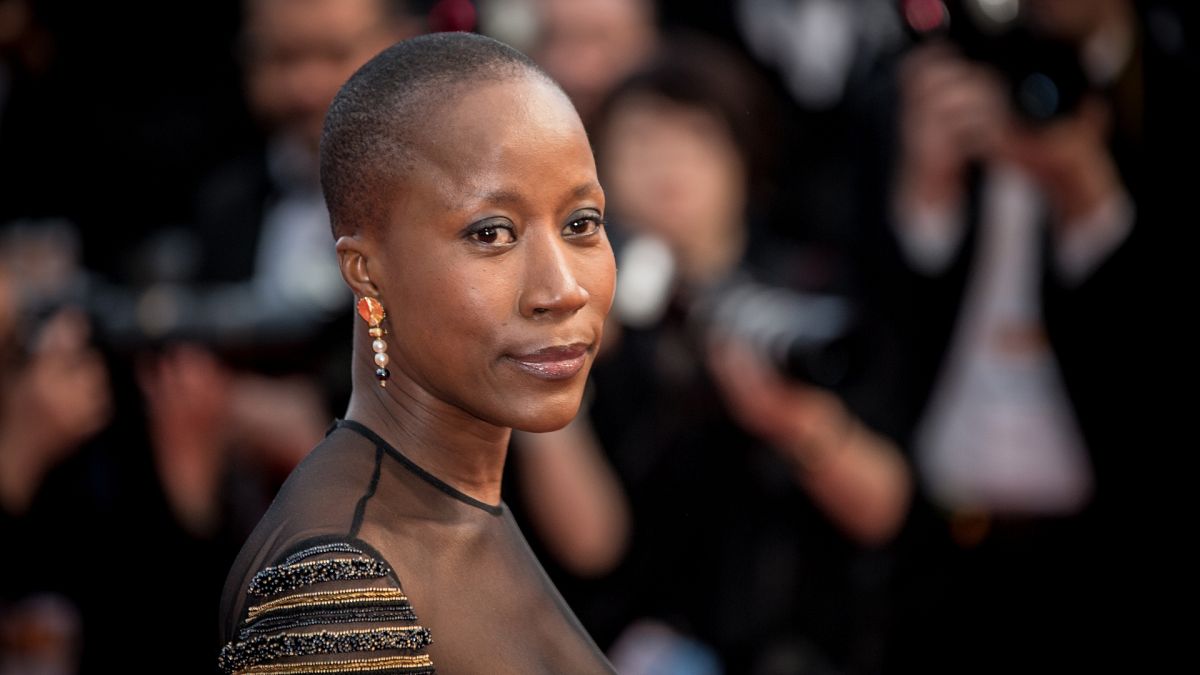We know that the human body can regenerate many of its cells, especially those worn by wear-and-tear, and those damaged by external factors and the environment. Our skin, for example, is continually replenished otherwise every tiny cut or injury will still be visible. Our blood is continuously renewed, to ensure that red blood cells are in the best possible condition for transporting oxygen efficiently to the rest of the body.
And so on. So, why do we age? It is simplistic to suggest that our bodies are somehow getting “old” and less able to renew themselves, although it is certain this is what is happening. However, what triggers the decline from a young body capable of continuous rapid growth and regeneration to an “older” and less efficient body over time is an interesting and very curious subject.
Gerontology Gerontology is the scientific study of ageing, encompassing social, cultural, psychological, cognitive, and biological aspects of growing older. The term was coined by a Russian-French protozoologist called Ilya Ilyich Mechnikov in 1903 and is simply Greek for “study of old man.” Apart from the evident biological and cognitive aspects, gerontology has many angles and can involve profound studies into psychological, social, cultural, and economic issues.
However, gerontological studies have their limitations, even though they may be very good at diagnosing age-related symptoms and perhaps even the root causes of some of the symptoms. At least, such studies.


















